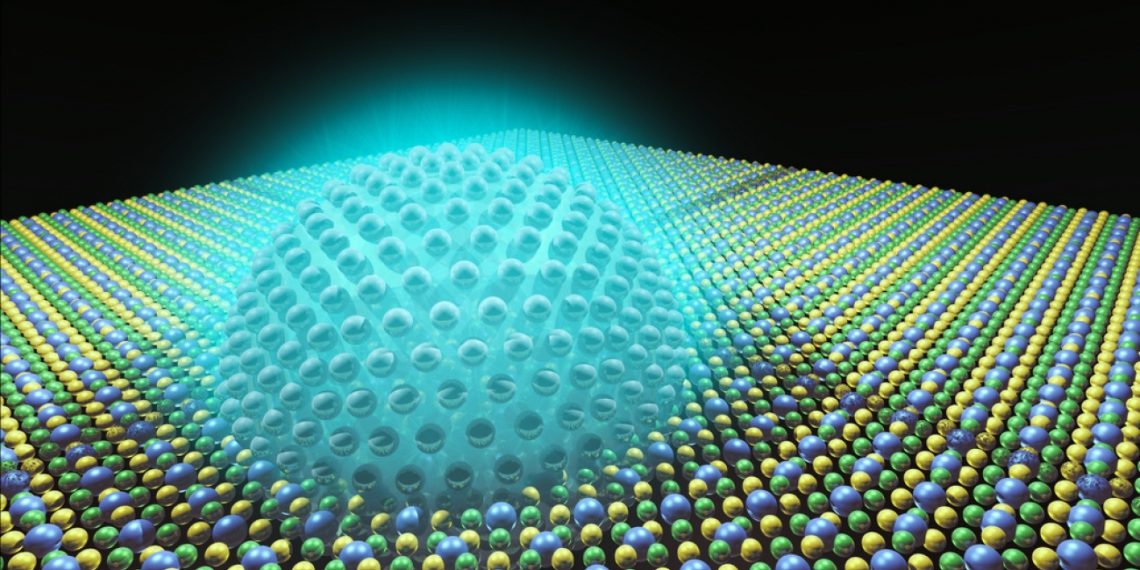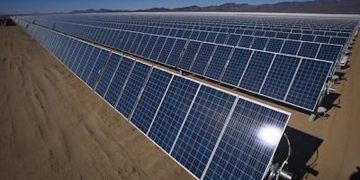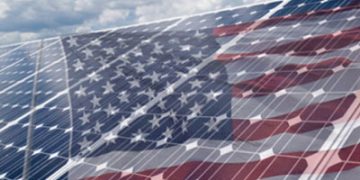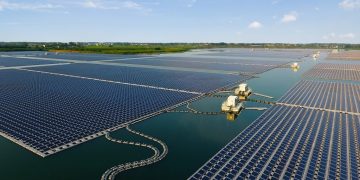The development of the quantum dot solar technology is essential to the future of the solar industry as it would be a cheaper option, yet improve the overall power consumption. As various researchers are looking into this option, the market is growing as companies begin to see this innovation as a close reality.
In February, at the University of Queensland, scientists made progress in quantum dot technology by achieving 16.6% efficiency. This would improve the record of the device by 25% and was done by synthesizing a quantum dot solar cell from a halide perovskite. The director of the Nanomaterials Center at University of Queensland, Lianzhou Wang, said this improvement in this technology shows “the difference between quantum dot solar cell technology being an exciting ‘prospect’ and being commercially viable.†Lianzhou Wang and his colleagues also highlight the fact that this option for the quantum dot solar cell has a low-cost materials and production, as it uses a room-temperature printing process.
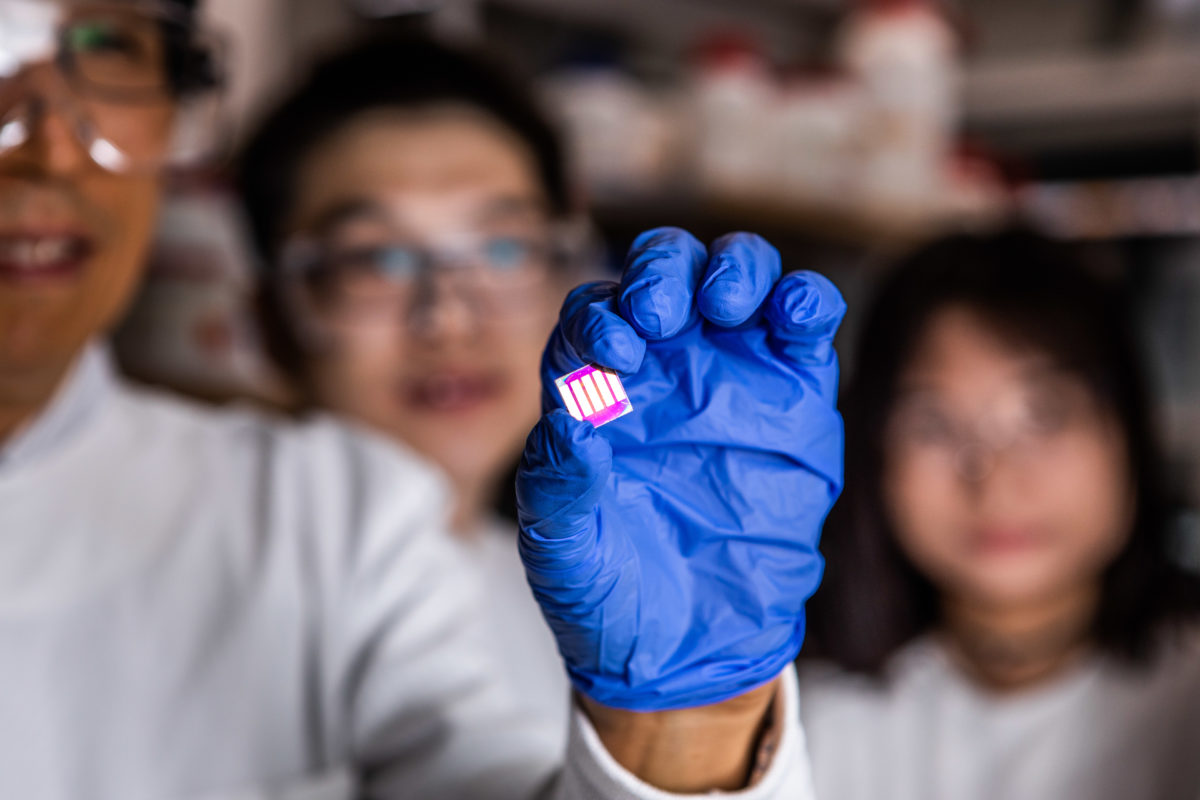
Now while QD has been suggested for years as a way to improve cells and bypass the costs associated with the extra release of heat as seen in traditional solar cells. In a 2015 publication, Dr. Khalil Ebrahim Jasim, Assistant Professor of Photonics at the University of Bahrain argues that the malleable nature of the quantum dots is more effective in the thermalization process. The release of heat is more controlled, and it costs much less for the company to employ many of them (Quantum Dot Solar Cells). According to other researchers, QD solar cells could convert more than 65% of infrared energy as opposed to 33% in standard models (Alt Energy Mag).
One company moving forward with an attempt at long-term employment of quantum dot technology for sustainable solar energy is QD Solar.
A spin-off from the University of Toronto turned company, QD Solar introduced their cutting-edge solar cells that combined efficient silicon models with colloidal quantum dot technology, claiming to be the first to utilize the low-cost model. Their overall goal is to further develop QD to produce electrical energy from infrared and visible portions of the solar spectrum (QD Solar Inc). According to Optics, QD Solar last received initial funding in 2017 from Netherlands-based DSM Venturing, Saudi Arabian-based KAUST, and Canadian MaRS Innovation, totaling a sum close to $7 million. Looking at QD Solar as a potential player in the upcoming months as a feeder to larger commercial names is something for solar investors to keep in mind.
The key previous challenges in the development of this quantum dot technology was the roughness and instability, which would be crucial to the solar industry. In this new version from University of Queensland, the cell retained 94% of its initial efficiency after 600 hours under constant one-sun illumination.
However earlier this month, a research team at Los Alamos National Laboratory claims to have developed a quantum dot solar cell without toxic elements. This cell is also claimed to have conversion efficiencies ranging from 9% to 10%. They used zinc-doped colloidal semiconductor quantum dots into a porous titania film within a copper, indium and selenium solar cell.
The importance of seeing companies like QD Solar is the rapid worldwide growth that is being seen with the harvesting of infrared light for use in conversion through quantum dot technology. The global quantum dot market was valued back in 2011 at only $88.5 million, but according to multiple studies, including Allied Market Research, the value will continue to skyrocket, reaching $8.2 billion by 2023, showing an estimated CAGR of 29.90%. Quantum dot is cheap too; the multi-function cells utilize a hybrid design to make them more stable and efficient than polymers, and with lower overall power consumption. There is still a lot of R&D to be realized, and cash flow may be an issue for many players like QD Solar moving forward, but food for thought: quantum dot might just beat out traditional silicon PV cells.


